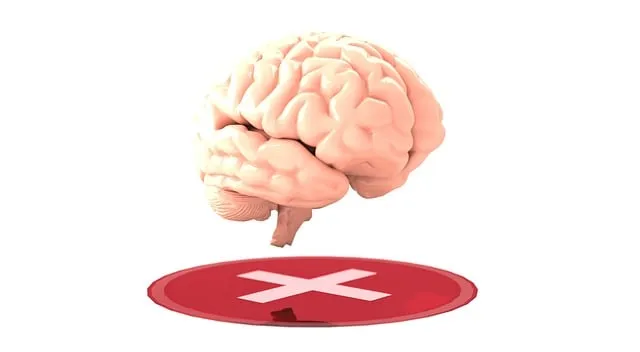The Longmont Kaiser Permanente mental health department prioritizes cultural competency, offering personalized care tailored to diverse patients' unique cultural beliefs and traditions through interactive workshops, case studies, role-playing, culturally sensitive tools, translated resources, crisis intervention guidance, mindfulness meditation training, and adaptive practices. They continually evaluate and improve their programs using patient and clinical team feedback, surveys, and KPIs, fostering an inclusive environment that promotes mental health equity for all.
“Cultural competency training within healthcare, particularly in mental health services, is a game-changer. This article explores Longmont Kaiser Permanente’s innovative approach to enhancing cultural sensitivity in their mental health department, serving a diverse community. We delve into the significance of understanding cultural competency, its impact on patient care, and how tailored training programs can improve outcomes for the 10,000+ patients served annually. Through case studies and expert strategies, this piece offers insights into effective implementation and evaluation methods.”
- Understanding Cultural Competency in Healthcare: Why It Matters for Mental Health Services at Longmont Kaiser Permanente
- Designing Effective Training Programs: Strategies and Tools for Improving Cultural Sensitivity in the Mental Health Department
- Implementation and Evaluation: Measuring Success and Continuous Improvement at Longmont Kaiser Permanente
Understanding Cultural Competency in Healthcare: Why It Matters for Mental Health Services at Longmont Kaiser Permanente

Cultural competency is a vital aspect of providing quality mental health services at Longmont Kaiser Permanente, catering to a diverse range of patients from various cultural backgrounds. The mental health department’s primary goal is to ensure every individual receives culturally sensitive and effective care, fostering trust and improving patient outcomes. With Longmont Kaiser Permanente mental health department serving a large and varied community, it’s essential to understand that cultural competency goes beyond basic awareness; it involves embracing diverse perspectives and integrating them into therapeutic practices.
This approach enables healthcare providers to offer personalized treatment plans, taking into account unique cultural beliefs, values, and traditions. For instance, the Mental Wellness Journaling Exercise Guidance can be adapted to incorporate spiritual practices from different cultures, promoting emotional well-being promotion techniques that resonate with each patient’s identity. Additionally, fostering inner strength development through culturally tailored activities ensures a more inclusive environment, encouraging open communication and enhanced collaboration between patients and care providers.
Designing Effective Training Programs: Strategies and Tools for Improving Cultural Sensitivity in the Mental Health Department

Effective cultural competency training is essential for the Longmont Kaiser Permanente mental health department to provide quality care to a diverse patient population. Designing robust training programs involves incorporating strategies like interactive workshops, case studies reflecting real-world scenarios, and role-playing exercises that encourage empathy and understanding of different cultural perspectives. These methods help mental health professionals better communicate with patients from various backgrounds, ensuring they feel heard and respected.
Additionally, leveraging tools such as culturally sensitive assessment tools, translated resources, and crisis intervention guidance tailored to specific cultural groups can significantly enhance care delivery. By integrating these strategies, the Longmont Kaiser Permanente mental health department can foster an environment that promotes mental wellness and effectively implements stress reduction methods while respecting individual cultural beliefs and practices.
Implementation and Evaluation: Measuring Success and Continuous Improvement at Longmont Kaiser Permanente

Longmont Kaiser Permanente’s commitment to cultural competency is evident through their continuous improvement approach, especially within the mental health department. Implementation strategies involve a multi-faceted program designed to enhance cultural sensitivity in mental healthcare practice. This includes regularly conducting training sessions for staff on topics such as mindfulness meditation and integrating diverse therapeutic practices to cater to various patient populations.
Evaluation of these initiatives is an ongoing process, utilizing feedback from both clinical teams and patients. By measuring the impact through surveys and tracking key performance indicators (KPIs), Longmont Kaiser Permanente ensures their mental wellness coaching programs development remains effective and aligned with the evolving needs of the community. This data-driven approach allows them to adapt practices, fostering a more inclusive environment that promotes mental health equity for all.
Cultural competency training within the mental health department of Longmont Kaiser Permanente has not only improved patient outcomes but also enhanced the overall work environment. By implementing effective strategies and tools, the organization has successfully navigated the challenges of providing culturally sensitive care in a diverse community, as evidenced by the positive evaluation results. This case study highlights the importance of continuous improvement in healthcare, demonstrating that investing in cultural competency training is a game-changer for delivering quality mental health services to all patients, regardless of their background.






